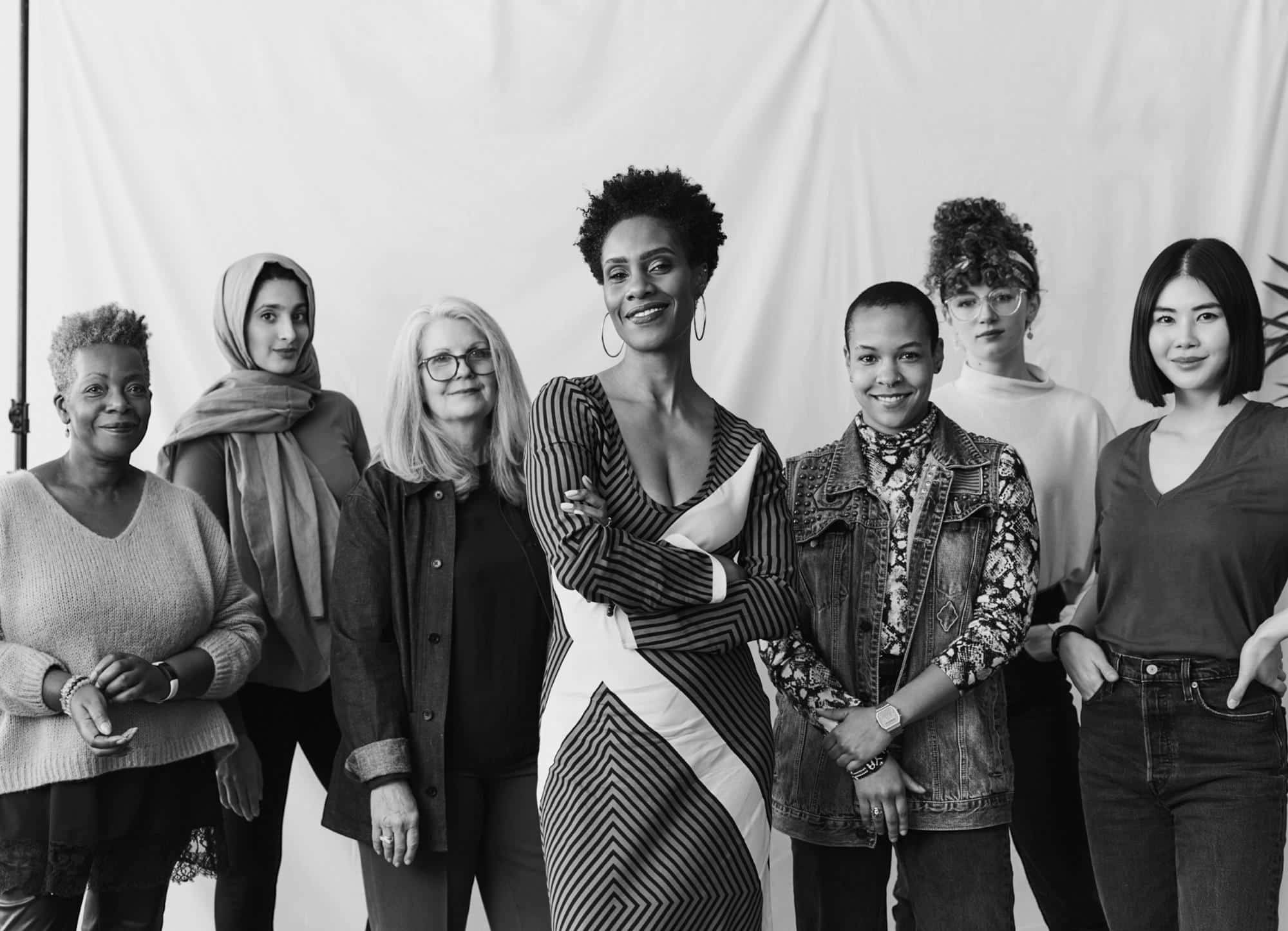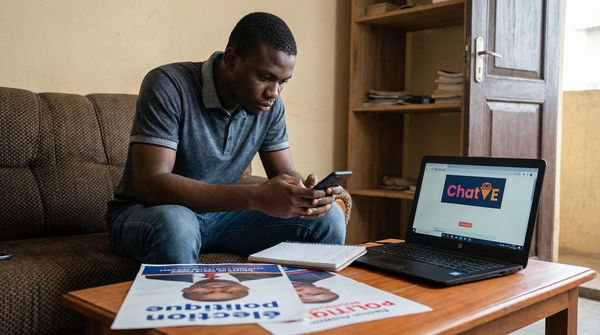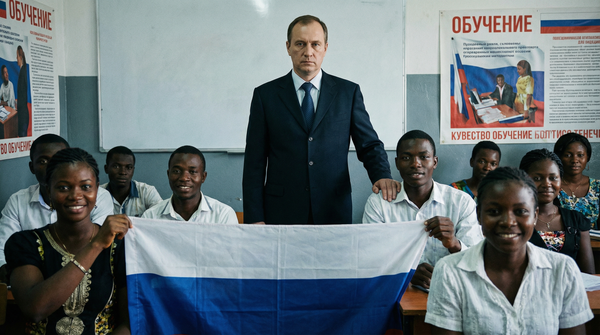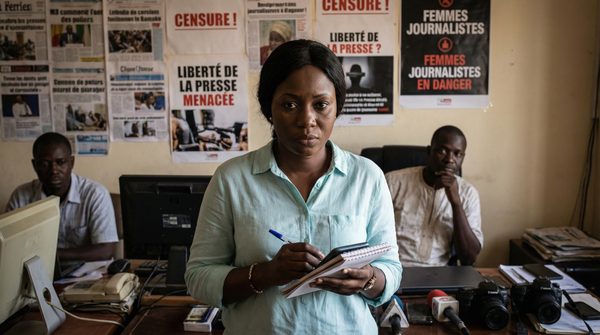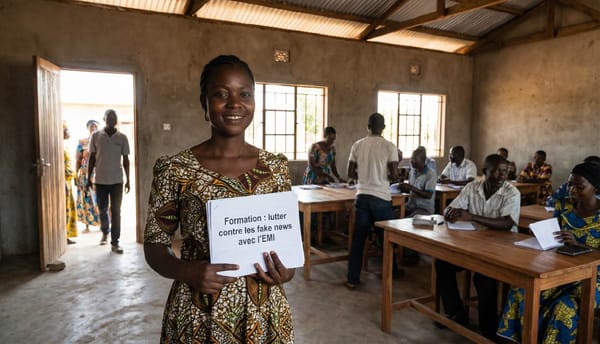Cette journée est l’occasion annuelle de rappeler le combat pour le droit des femmes à travailler et la lutte contre les discriminations sur les lieux de travail. Plus de 100 ans après la première célébration, cette lutte est loin d’être terminée. Tous les métiers sont impactés, notamment le journalisme, une profession à très hauts risques dans plusieurs pays africains. En mars 2023, La Fondation des Médias pour l’Afrique de l’Ouest fait état de l’augmentation des violences faites au femmes dans le milieu journalistique. Bon nombre d’entre elles font face aux agressions psychologiques et sexuelles, dans et en dehors des locaux. Elles ne peuvent que rarement faire comparaître leurs agresseurs en justice. Le motif régulier est la pression sociétale et traditionnelle. Les combats ne cessent pas pour autant.
En 2022, en Somalie, des femmes créent Bilan, le premier média entièrement composé de femmes, luttant pour faire valoir les droits humains dans un contexte très difficile sur les plans politique et sécuritaire. Fathi Mohamed Ahmed, rédactrice en cheffe, est devenue une figure emblématique des droits des femmes au travail.
Autre figure d’émancipation féminine, Maïmouna Ndour Faye, journaliste fondatrice et directrice de Az Actu et 7 Tv, a été agressée au couteau dans la nuit du 28 au 29 février. Un acte qui suscite de vives mouvements de révolte au Sénégal. Les ONGs dénoncent une nouvelle attaque menée contre les journalistes et la liberté d’expression. Maïmouna Ndour Faye avait déclaré avoir fait l’objet de menaces de mort. Néanmoins, elle encourage les femmes à se battre pour leur place au sein du journalisme, déclarant qu’« Il ne devrait pas y avoir de différence homme femme ».
Un combat ancré dans l’Histoire
La première célébration de la Journée internationale des femmes (JIF) a lieu le 19 mars 1911, et se poursuit pendant la Première Guerre Mondiale dans plusieurs pays en signe de protestation. Elle est officialisée par les Nations Unies en 1975. Au cours de l’histoire de la JIF, plusieurs organismes africains œuvrent pour le rétablissement des mêmes droits entre les hommes et les femmes. Dans les années 20, la Société égyptienne des médecins signale les effets dévastateurs des mutilations génitales féminines sur la santé. En 1929 au Nigeria, de nombreuses femmes manifestent contre la taxe sur le marché des femmes. Malgré de sévères répressions, elles obtiennent gain de cause et obligent les dirigeants à démissionner.
Date clé, le 31 juillet marque la célébration de la Journée Internationale de la femme africaine suite au premier congrès de l’Organisation Panafricaine des Femmes à Dakar en 1974 et à la fondation de la première Conférence des Femmes Africaines le 31 juillet 1962. La figure emblématique à l’origine de la JFIA est Aoua Keïta, députée malienne et militante engagée pour la cause des femmes. Les noms de figures féminines comme Zenzi Miriam Makeba, figure de lutte contre l’apartheid, Osai Ojigho, Leymah Gbowee, et bien d’autres, résonneront à travers l’Afrique, poursuivant le combat pour l’égalité des droits entre les hommes et les femmes, inscrite dans la Charte des Nations Unies depuis 1945.


